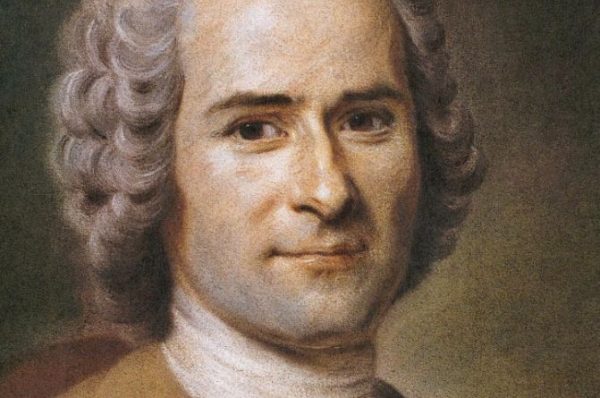
On the advice of the Dutch ambassador Mattheus Lestevenon, the Émile was also banned by the States of Holland a few weeks later. A week later, Du Contrat social and the Émile were also burned at the stake in Geneva. The Émile was seized shortly after its appearance on the Sorbonne, convicted by the Paris Parliament and burned on the steps of the Supreme Court. Because of a section of the book entitled "Confession of Faith of the Savoy Pastor", Emile was banned. Rousseau considered it the "best and most important" of all his writings. Émile is a treatise on the nature of education and the nature of man. Apart from the figures, the book is complete. The printing history of Émile is quite complicated, an attempt follows below. These are not - and probably never - tied. The edition should contain 5 engravings / images. Strap part 2 is missing a piece of leather at the top. Emile, or On Education, part-treatise, part-novel, outlines a process of education that would prevent humans from being corrupted by society and instead nurture their natural virtues and goodness.Collation viii, 224, (4), 910 (4), 168, 243 pp.Ĭondition Semi-leather straps. In 1762 both On the Social Contract (his most famous work) and Emile (Rousseau called it one of his three principal works) were published.

Rousseau’s literary breakthrough came in 1750 with the publication of his winning entry in an essay competition organized by the Academy of Dijon on the theme, “Whether the progress of the sciences and of letters has tended to corrupt or to elevate morals?” In his response, Rousseau challenged the Enlightenment with a spirited return to the Greeks and Romans: “What will become of virtue if riches are to be acquired at any cost? The politicians of the ancient world spoke constantly of morals and virtue ours speak of nothing but commerce and money.” This was a clarion call that would lead to Romanticism.


There at the age of sixteen he met Françoise-Louise de Warens, a woman who would become his benefactor and mistress, and under whose influence he would (temporarily) become a Catholic. Rousseau eventually left Geneva in 1728, fleeing to adjoining Savoy. No other philosopher’s biography is perhaps as well-known as that of Jean-Jacques Rousseau (1712-1778), who made his own life the subject of a number of his writings, including his great autobiographical work, the Confessions. Born in Calvinist Geneva, Rousseau was raised by his father, a clockmaker, who cared for learning and had Rousseau read classical Greek and Roman literature.


 0 kommentar(er)
0 kommentar(er)
